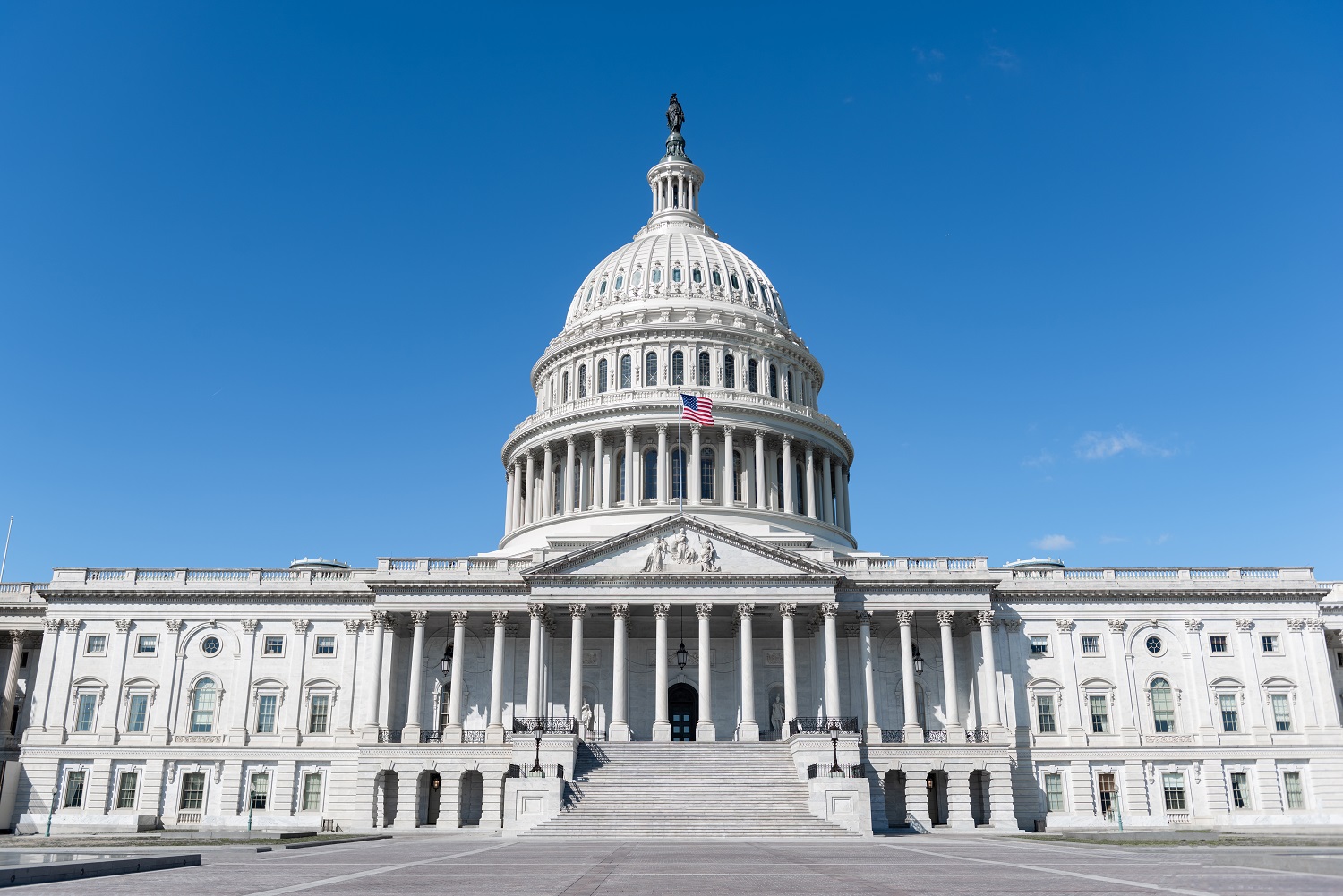The debate at a recent CGD event eloquently demonstrated once again that this is a moment of deep uncertainty and basic disagreement about the future and purpose of aid programs and development agencies. But even more risk is introduced into this perilous mix if we fail to understand what we already have in the toolkit and how these tools can be used to meet needs.
At least one broadly shared theme emerging from these debates is that development programs ought to play a key role in reducing security risk. (Whether they do or not is another question.) The focus of discussion, however, is disproportionately on countries that are already in conflict, at imminent risk of internal conflict, or on the front lines of regional conflict. The reality is that whatever we do in such countries is going to carry both a high cost and a high risk of failure. In expected value terms, while the value of successful intervention is very high, the probability of success is very low.
Taking a broader portfolio approach to development work in fragile states makes more sense. Instead of concentrating resources so heavily on countries already in conflict, we should preserve space for resourcing the next tier of countries that are vulnerable or fragile, in bad neighborhoods, but struggling toward stronger democracy, rule of law, institutions, and economic growth. How can we help them avoid being drawn into conflict and/or “falling off the wagon” of improving governance? In economic terms, how can we help these frontier markets of today become the emerging markets of tomorrow?
While many categorically assert that MCC is not suited or designed for such states, I would argue that MCC already has been—and could increase its role as—a powerful prophylactic tool. Its selection criteria identify poor countries that are trying to improve governance (both political and economic) and its programs aim for fundamental change in sectors that are critical for growth and poverty reduction.
For those who think vulnerable or fragile states cannot pass MCC’s scorecard, I would point to MCC’s past or current compacts in Niger, Mali, Liberia, Cote d’Ivoire, Malawi, Nepal, Georgia, Moldova, Jordan, and El Salvador. These countries regularly appear on lists and rankings of fragile states. Moreover, one could argue, as CGD has, that there are ways to improve the application of the scorecard, particularly the corruption indicator, that are more statistically valid and that would make it possible for more vulnerable states to pass.
This is not to say that MCC scorecards are always accurate predictors of future performance. The coups in Mali and Honduras, along with other suspensions and terminations of MCC compacts, illustrate that governance trajectories can change dramatically. But these cases also demonstrate that MCC has a well-developed process and track record of taking prompt action in response.
Can MCC be transformational in vulnerable states? It depends on what is meant by transformational. If it means guaranteeing robust growth and poverty reduction at a macroeconomic level, this cannot realistically be assured. But if it means transforming sectors critical for growth and poverty reduction, MCC’s new approach of combining support for deep, country-owned reform with large infrastructure or other sectoral investments, the answer is more likely to be yes, particularly as more of the later vintage compacts mature. The recently closed compact in Jordan, one of the driest countries on earth, has been transformational in helping 3 million people access water and waste water treatment through a PPP investment in the Zarga region, with its large Syrian refugee population. The compact underway in Georgia which is aimed at helping the country build a 21st century labor force is supporting the training of all 18,000 STEM teachers in Georgia in new effective curricula and techniques. And the compact underway in Liberia is not only quadrupling energy generation but also supporting institutional reforms to build a power utility capable of attracting private investment and serving the needs of the Liberian people.
And for those who think MCC cannot be effective in such countries, I would point to MCC analysis comparing average ex post economic rates of return (measured at compact end) for vulnerable states vs. those for all MCC partners. The results do not show significant differences. That is, MCC projects in vulnerable states earn economic returns that are as high in relation to costs as those in other MCC partner countries.
The new Administration has more of an asset in MCC than it is perhaps aware. MCC compacts can be an important and relatively inexpensive piece of the bulwark against spreading conflict, terrorism, and instability. Within MCC, there is an active conversation about how to operate as effectively and efficiently as possible in vulnerable states. The new Administration should encourage that conversation. It may turn out that a special MCC programmatic “business line” should be developed tailored to the needs of vulnerable countries. And if it turns out that compacts in fragile states must be somewhat larger to cover the additional costs of achieving goals where substantial investments are needed in policies and institutions, it will still be a bargain for the US taxpayer compared to the costs of US military intervention.
Disclaimer
CGD blog posts reflect the views of the authors, drawing on prior research and experience in their areas of expertise. CGD is a nonpartisan, independent organization and does not take institutional positions.





